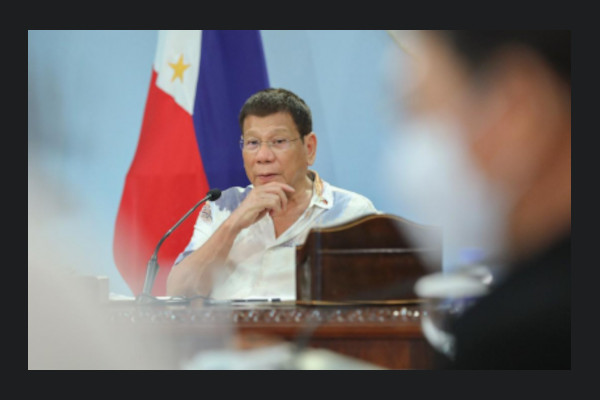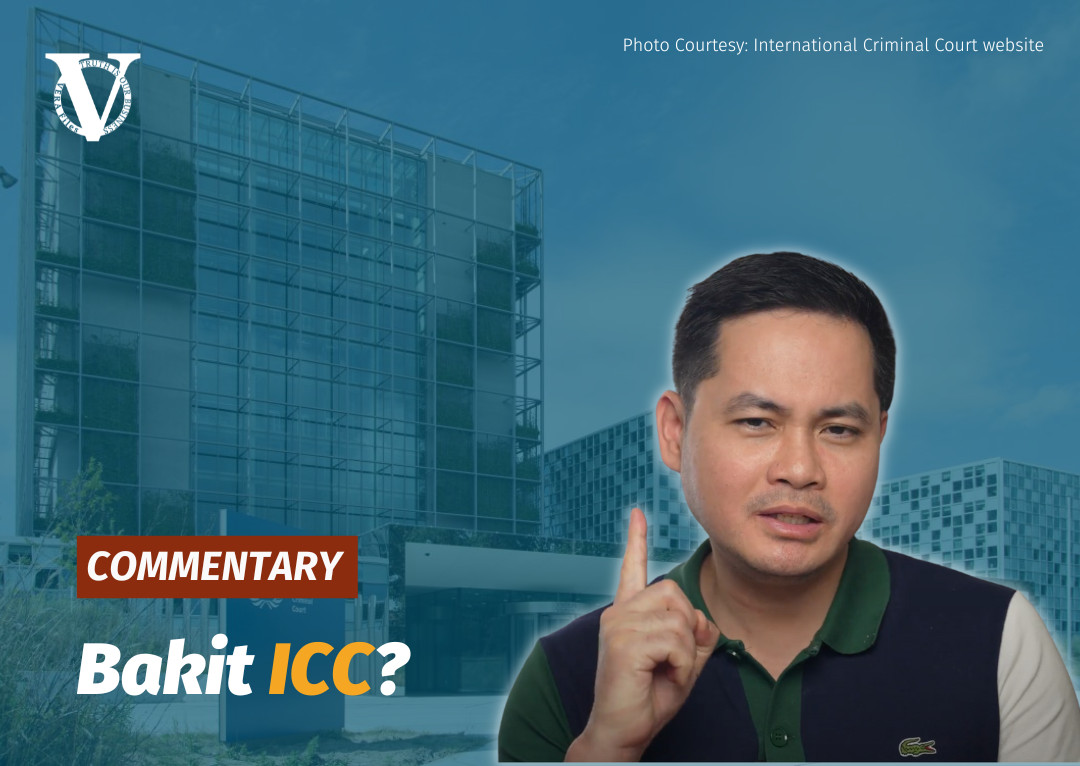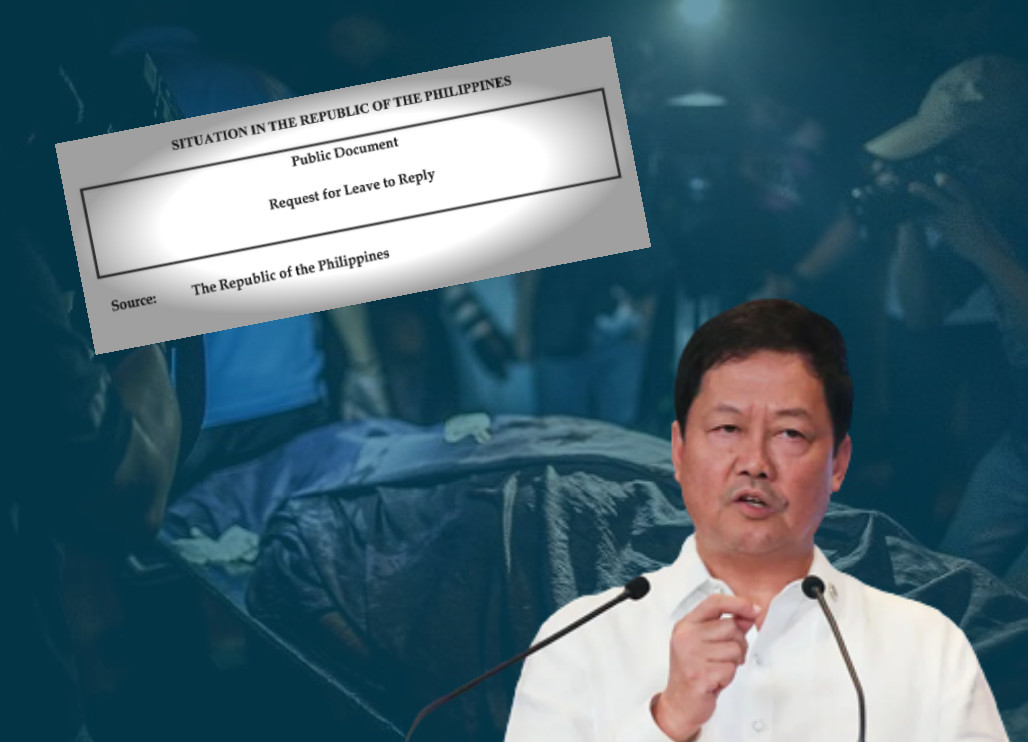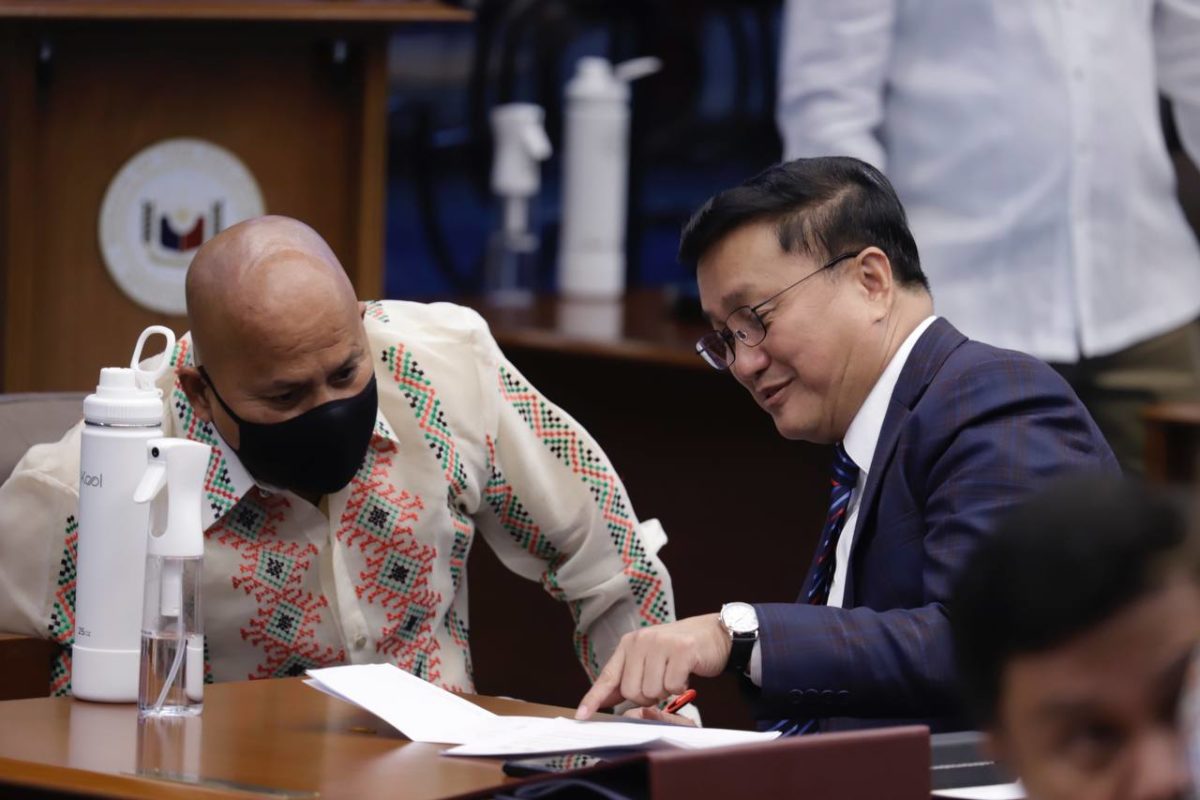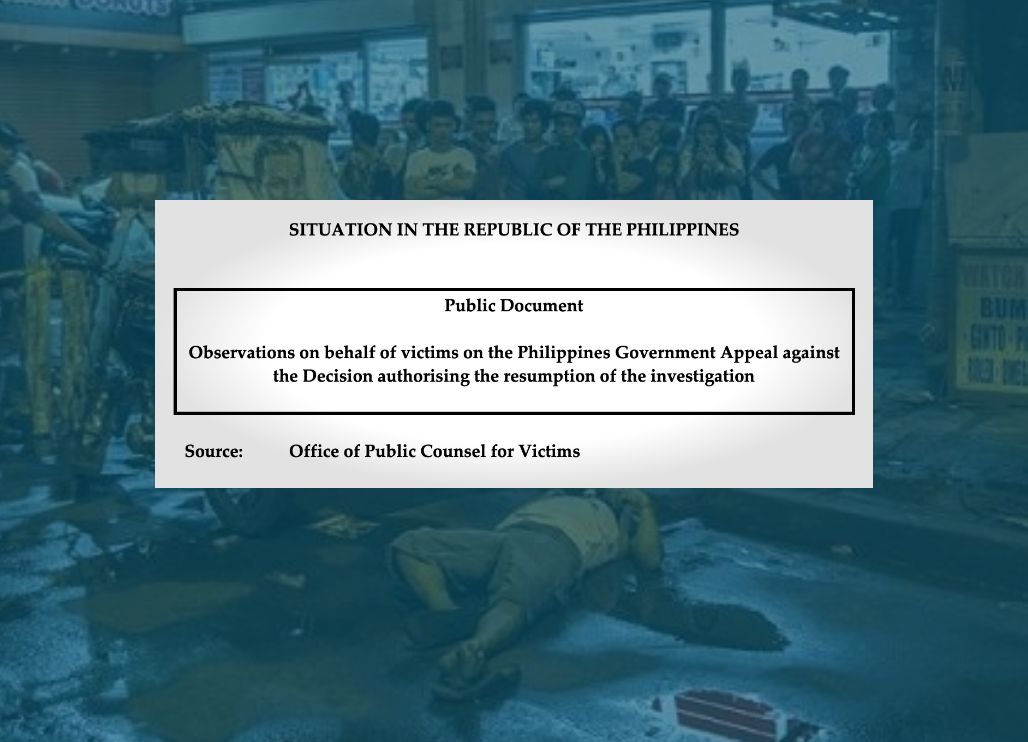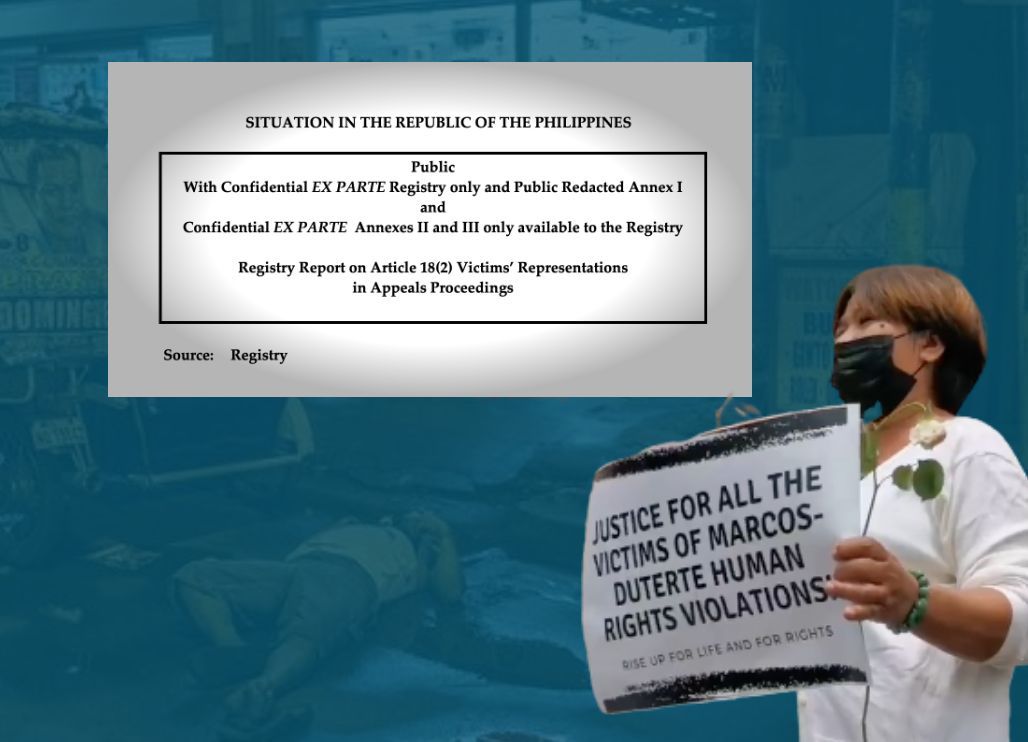Former president Rodrigo Duterte has been quoted as saying that Negros Oriental Rep. Arnolfo Teves Jr. should consider himself lucky because he (Duterte) is no longer in power; otherwise, Teves could be yet another victim of extrajudicial killing.
Whether uttered seriously or in jest, Duterte’s statement during a visit to Cagayan de Oro City more than a week ago is an indication that he wants to remain relevant. And he did so by saying that illegal drugs “played a role” in the killing of Negros Oriental Gov. Roel Degamo.
Degamo was gunned down inside his residential compound last March 4. Detained suspects as well as other witnesses have reportedly pointed to Teves as the alleged mastermind in the killing. According to Justice Secretary Jesus Crispin Remulla, the statements of suspects in the killing of Degamo and eight other persons have pointed to a “certain involvement” of Teves.
While Teves may be lucky in Duterte’s view, the former president should feel even more lucky. Although he is no longer in power, he has a horde of defenders behind him in his legal battle with the International Criminal Court (ICC) in connection with the death of thousands of drug suspects during his bloody war against illegal drugs.
Duterte’s drug war claimed at least 6,000 lives, many of whom were young students who were identified as victims of mistaken identity or collateral damage. They were killed on the pretext that they fought back during police operations. Human rights advocates and campaigners estimate the drug war-related deaths at three times more than the number given by the police.
No less than the incumbent President Ferdinand Marcos Jr. has joined the chorus of disinformation to discredit the ICC in their bid to defend Duterte and others from being held accountable for the so-called crimes against humanity committed in the campaign against illegal drugs.
While the Department of Justice and the House of Representatives are determined to make Teves accountable for the murder of Degamo, these same government institutions are hellbent on saving Duterte from being investigated by the ICC over the drug war killings.
On March 29, Marcos said his administration is “disengaging from any contact, from any communication” with the ICC because its “appeal has failed.”
Marcos is wrong. The government’s main appeal to the ICC, which seeks to reverse a Jan. 26 decision of the ICC Pre-Trial Chamber 1 allowing a resumption of the investigation, is still pending. What the ICC Appeals Chamber denied on March 27 was an appeal to suspend the resumption of the drug war investigation.
And the chorus goes on singing the same old tune that the ICC has no jurisdiction to investigate the alleged crimes against humanity in the Philippines following the country’s withdrawal from the Rome Statute, the treaty that established the ICC.
They keep on skipping the fact that the ICC retains jurisdiction over crimes that happened in the Philippines when the country was still a state party from Nov. 1, 2011 to March 16, 2019.
The Philippines may have withdrawn from the Rome Statute, but that does not equate to clearance from its obligations for incidents that occurred during its membership. This was clearly stated in paragraph 2 Article 127 of the Rome Statute.
Marcos should be well aware of this. He was among the 17 senators who voted to ratify the Rome Statute in 2011.
They also keep harping on the ICC investigation as an “intrusion” into the country’s internal affairs and a “threat” to its sovereignty while claiming that the Philippines has a functioning and independent judicial system, and so the ICC need not come in.
The ICC said clearly that while the Philippine government had launched an investigation into the killings, it has failed to “take meaningful steps to investigate or prosecute perpetrators of [war on drugs] killings,” and it appears that “only a handful of ‘token’ cases — focused on low-level, physical perpetrators — have proceeded to trial.”
It noted that only the murder of a 17-year-old student from Caloocan City, Kian Loyd de los Santos, has proceeded to judgment.
Two weeks ago, the Navotas Regional Trial Court Branch 287 found former patrolman Jeffrey Perez guilty for the 2017 killing of teenagers Carl Arnaiz and Reynaldo “Kulot” de Guzman.
However, the Human Rights Watch group said the second conviction in more than 6,000 killings under Duterte’s war on drugs was not an argument to stop the ICC probe because it does not prove that the justice system in the Philippines was working.
Perhaps Duterte’s defenders are well aware that it would be difficult to win the battle with the ICC legally, so they are trying to win over the public by engaging in disinformation and discrediting the ICC.
The views in this column are those of the author and do not necessarily reflect the views of VERA Files.
This column also appeared in The Manila Times.
